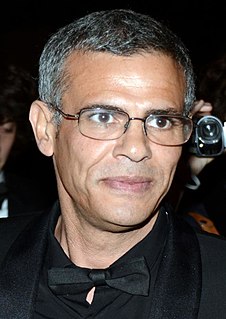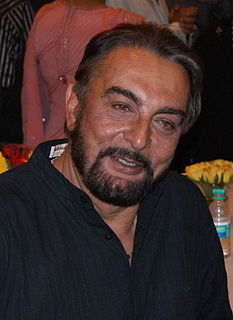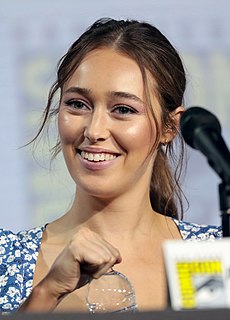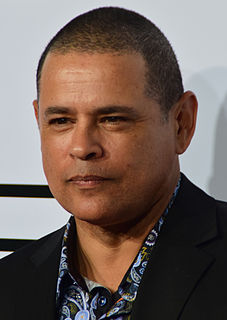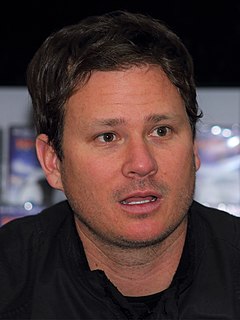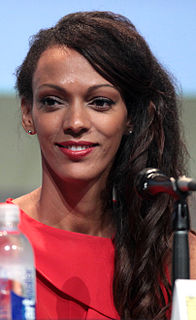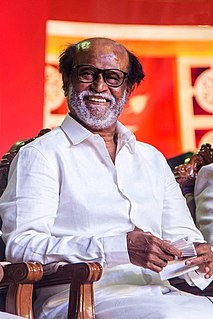A Quote by Marc Guggenheim
When I write a film, the film gets handed off to a producer and a director and I go my merry way. With television, I am expected and contracted to stick around and actually produce what I've written.
Related Quotes
Me and Kirby are very collaborative and it changes from film to film. The first project we worked on together, Derrida, we co-directed. The last film Outrage, I was the producer and he was the director. This film was much more of a collaboration - he is the director and I am the producer - but this is a film by both of us.
This film [ Blue is the Warmest Color] actually is the result of me talking with my producer Vincent [Maraval]. I gave him a bunch of ideas and then Vincent helped guide me and develop this particular film. I enjoy that rapport to have somebody else help guide me in my choices for the next film. The poetic way of looking at it is which project is going to choose me as a director.
My mom's a children's television writer, so I was involved and around from a very young age. When I was eight, I did my first film with Rachel Ward and Bryan Brown, who are a quite well-respected Australian producer-director duo, and that just changed my whole perspective on what I could do in life and be.
The first thing I say when people ask what's the difference [between doing TV and film], is that film has an ending and TV doesn't. When I write a film, all I think about is where the thing ends and how to get the audience there. And in television, it can't end. You need the audience to return the next week. It kind of shifts the drive of the story. But I find that more as a writer than as a director.


